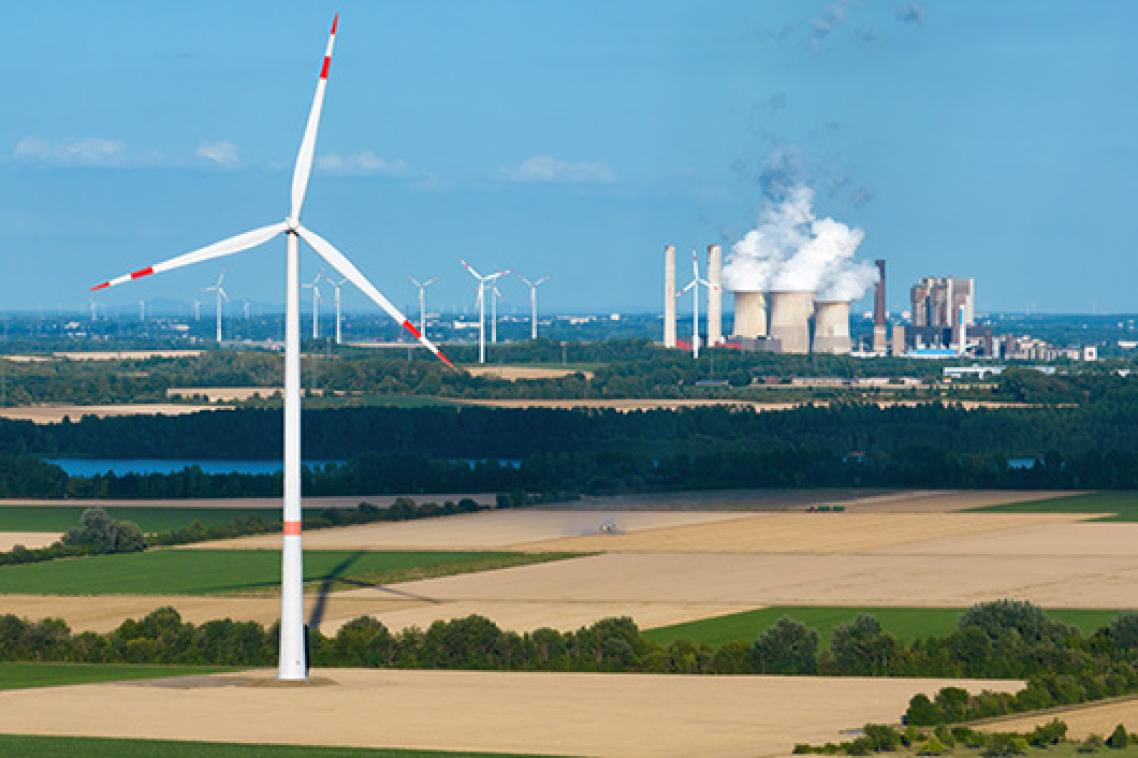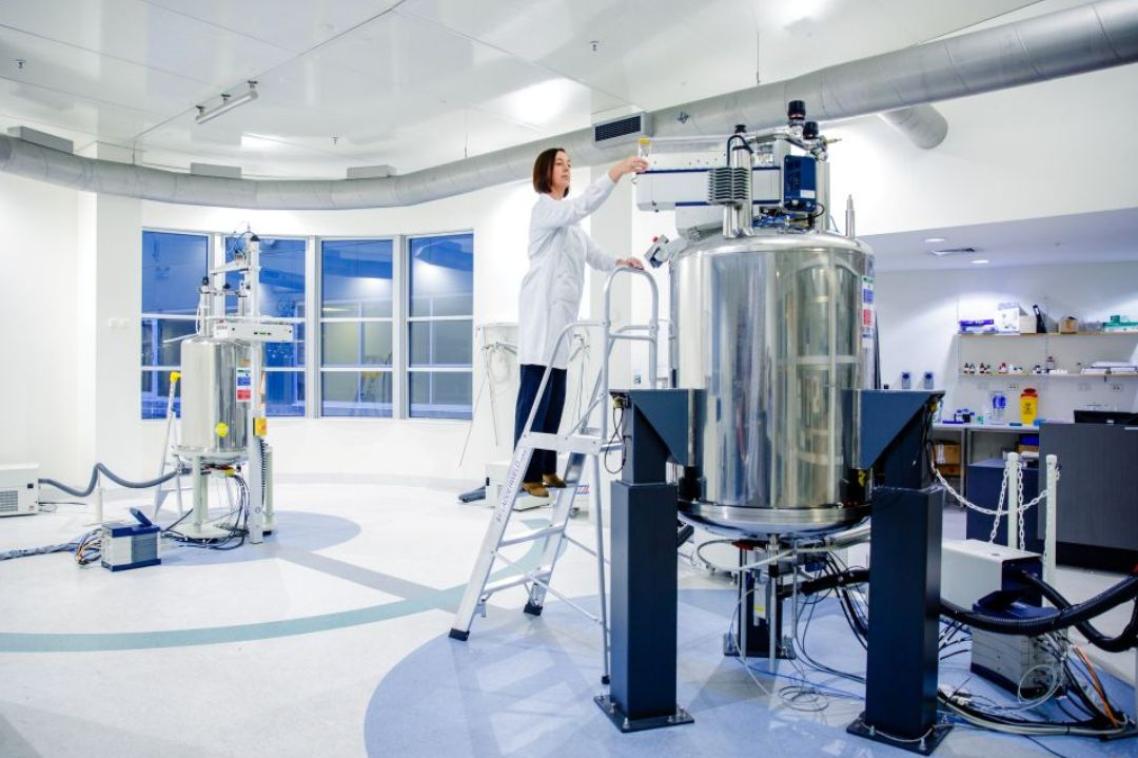COP28: UQ experts

All eyes will be on Dubai this week as 70,000 delegates from nearly 200 countries meet at the United Nations backed climate summit, known as COP28.
The annual event comes as the UN warns the planet is on track to warm by 3 degrees by the end of the century – double the target of 1.5 degrees agreed to at COP21 in Paris.
Australia’s Climate Change Minister, Chris Bowen has said he will push for “stronger practical outcomes, not just maintain the status quo.”
The University of Queensland has a range of researchers available to offer expert analysis
- Dr Matt McDonald, School of Political Science and International Studies, Faculty of Humanities, Arts and Social Sciences
Expertise: international politics of climate change, with a particular focus on the security implications of climate change.
Contact: matt.mcdonald@uq.edu.au.
- Associate Professor Justine Bell-James, Law School, Faculty of Business, Economics and Law
Expertise: environmental and climate change law. Her work has had a significant influence on climate law and policy in Australia, including through the inclusion of coastal ecosystems in Australia’s Emissions Reduction Fund framework.
Contact: j.bell-james@law.uq.edu.au.
- Professor Stephen Wilson, School of Mechanical and Mining Engineering, Faculty of Engineering, Architecture and Information Technology
Expertise: energy policy, energy security, energy supply, environment, resources, and nuclear power. He led a study that aims to answer the question, what would be required for nuclear plants to be operating in Australia from the 2030s? “We are not promoting or opposing nuclear energy. The study answers a research question as factually as possible with the best available information.”
Contact: stephenjwilson@uq.edu.au.
- Professor Andrew Griffiths, Executive Dean, Faculty of Business, Economics and Law
Expertise: how organisations deal with the impacts of climate change, and how executives and employees can transform organisations to better manage sustainability issues. Professor Griffiths can also provide information on how local and global organisations can apply new knowledge.
Contact: a.griffiths@bel.uq.edu.au.
- Dr Saphira Rekker, UQ Business School, Faculty of Business, Economics and Law
Expertise: Dr Saphira Rekker is an expert in sustainable finance. She can comment on carbon reduction schemes as they relate to the Australian business sector.
Contact: s.rekker@business.uq.edu.au.
- Professor Paul Gauthier, Centre for Horticultural Science, Alliance for Agriculture and Food Innovation (QAAFI)
Expertise: food sustainability, protected cropping and indoor vertical farming as a long-term solution to feed the world’s populations.
Contact: p.gauthier@uq.edu.au.
- Associate Professor Simon Smart, School of Chemical Engineering, Faculty of Engineering, Architecture and Information Technology
Expertise: Net Zero, clean energy, minerals and water, decarbonised economy. His research is centred around the sustainable production and use of energy and chemicals – including the development of enabling technologies and processes for the production of clean energy, materials and water. Can provide comment on renewable energy.
Contact: s.smart@uq.edu.au.
- Professor Kristen Lyons, School of Social Science, Faculty of Humanities, Arts and Social Sciences
Expertise: global carbon markets have come to occupy an increasing place in global decarbonisation efforts, and have been supported via Article 6 of the Paris Agreement. Considering the human and environmental impacts of carbon markets, including voluntary carbon markets, and their efficacy in meeting targets as set out at COP.
Contact: kristen.lyons@uq.edu.au
- Professor John Quiggin, Professor of Economics, Faculty of Business, Economics and Law
Expertise: a wide range of policy topics related to the economics of climate change and renewable energy.
Contact: j.quiggin@uq.edu.au.
- Professor Anthony Richardson, School of the Environment, Faculty of Science
Expertise: uses mathematical, statistical, and computational tools to investigate human impacts on oceans – and to find solutions. His research aim is to better understand key system drivers, conserve biodiversity, and ensure productive fisheries under climate change. He is working to design marine protected areas to be robust to climate change.
Contact: ajr@maths.uq.edu.au.
-
Professor James Watson, School of the Environment, Faculty of Science
Expertise: impacts of climate change on species, ecosystems and ecosystem services and on the effectiveness of conservation strategies to abate biodiversity loss.
Contact: james.watson@uq.edu.au.
Related articles

UQ experts recognised for national impact

Fifty UQ researchers awarded $36m from ARC Linkage, Discovery grants
Media contact
UQ Communications
communications@uq.edu.au
+61 429 056 139
